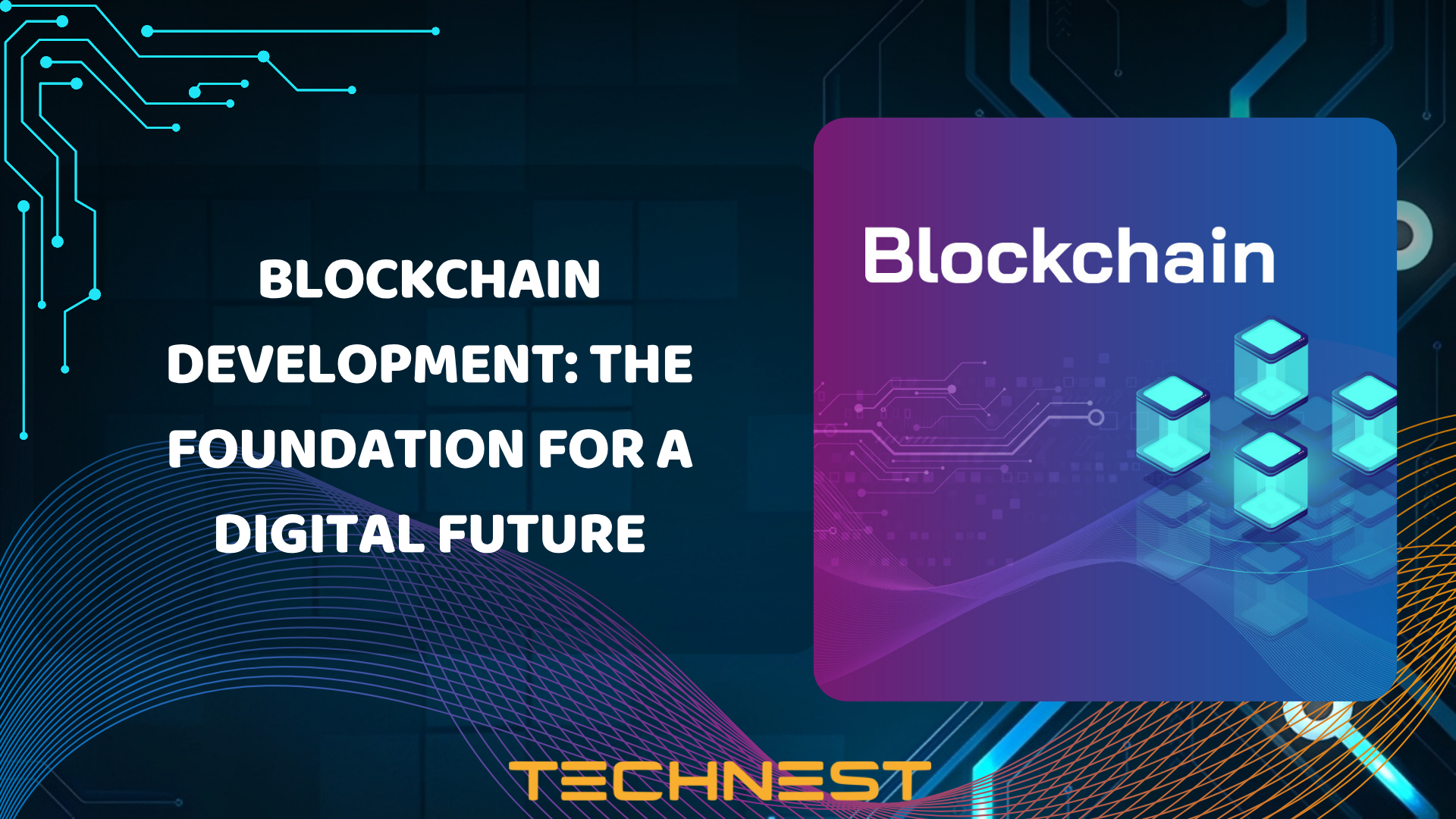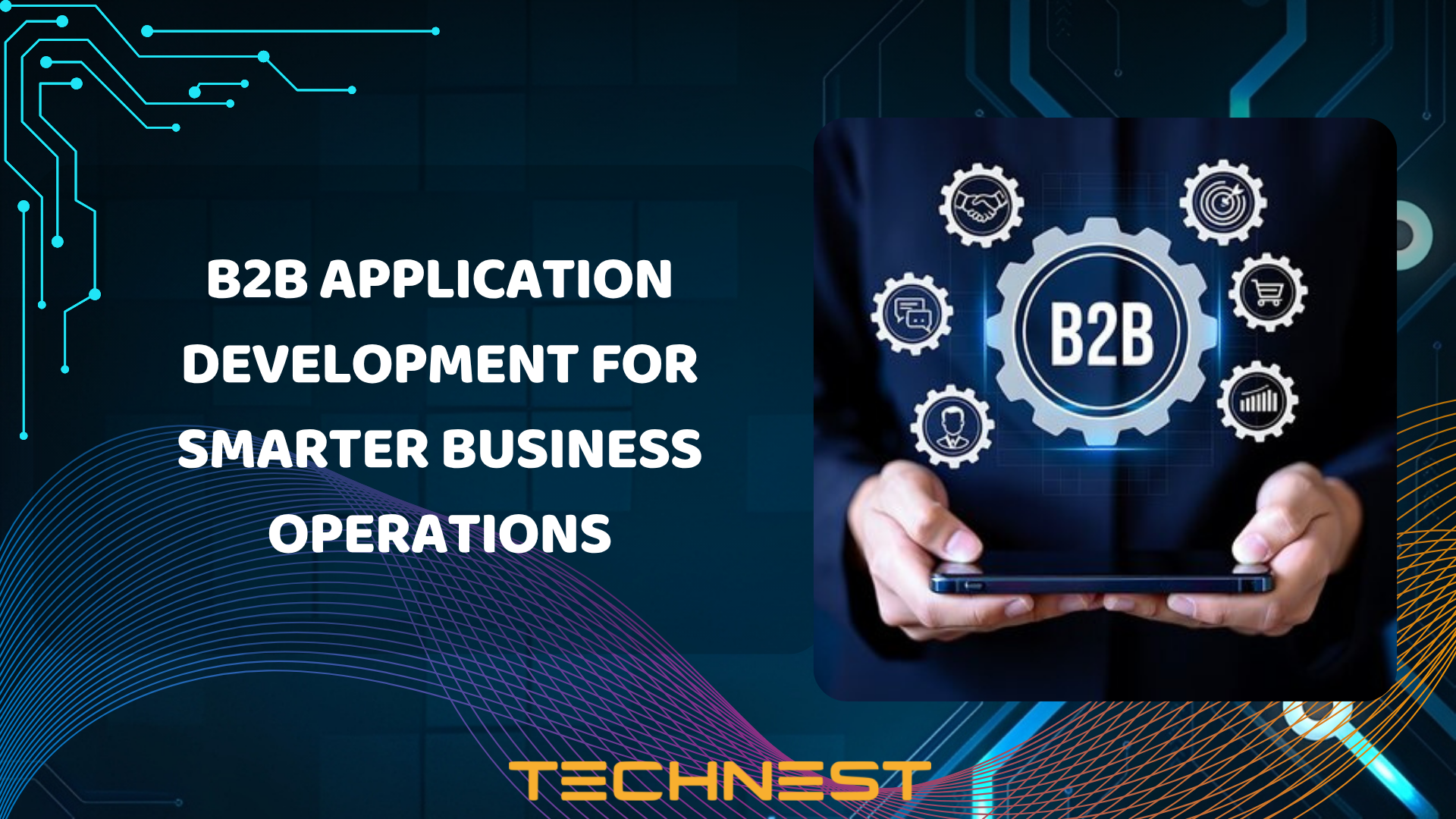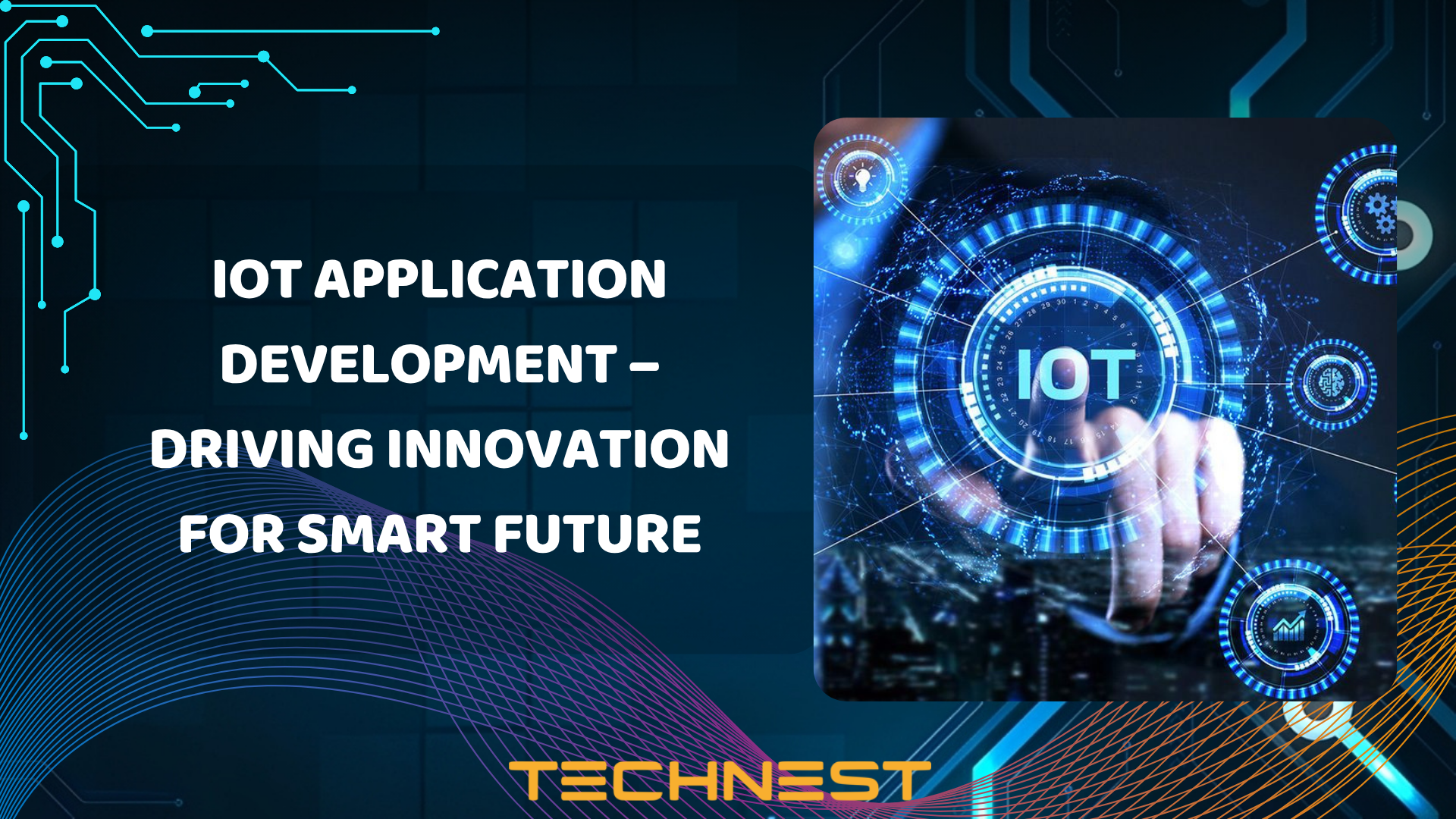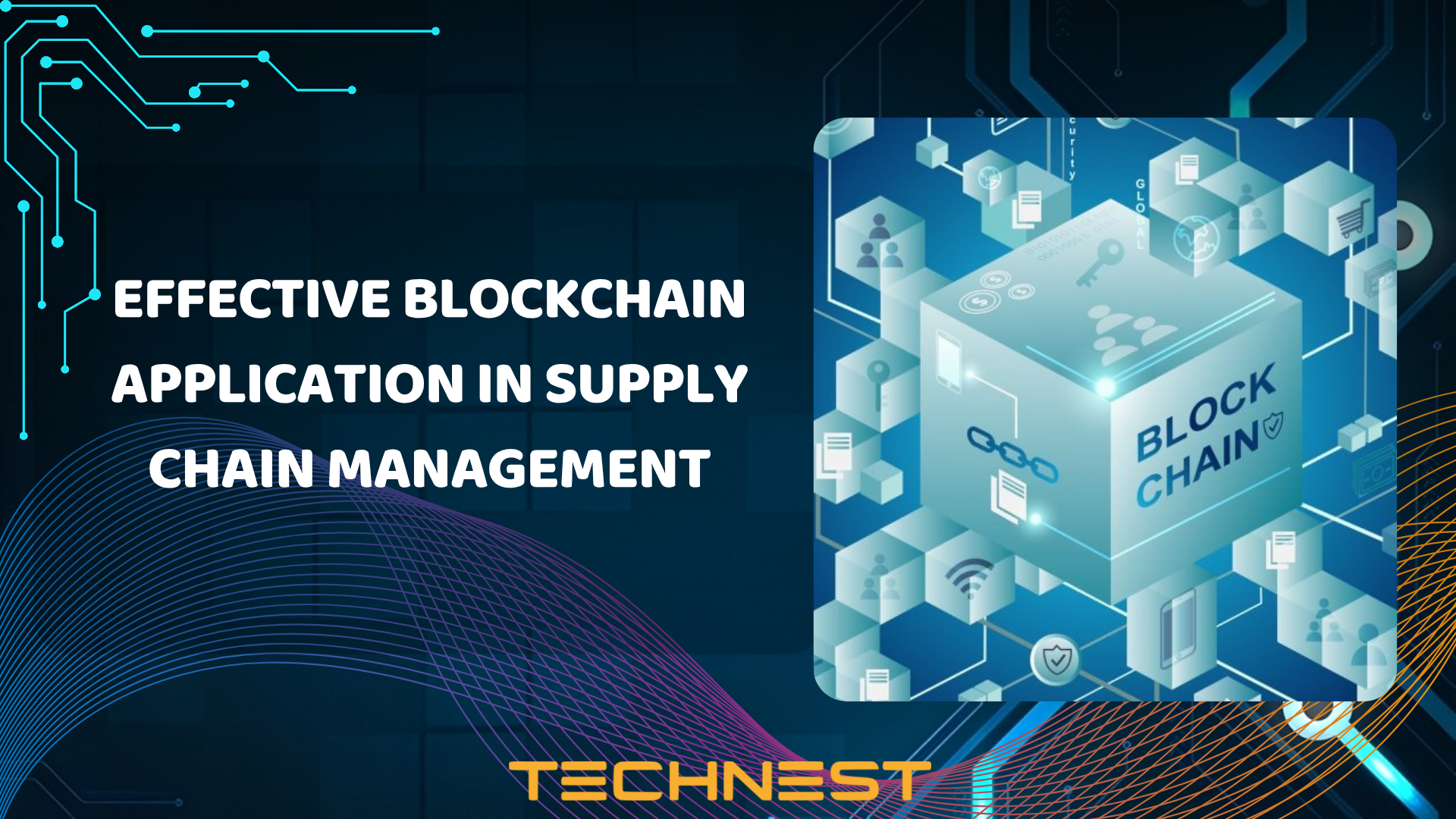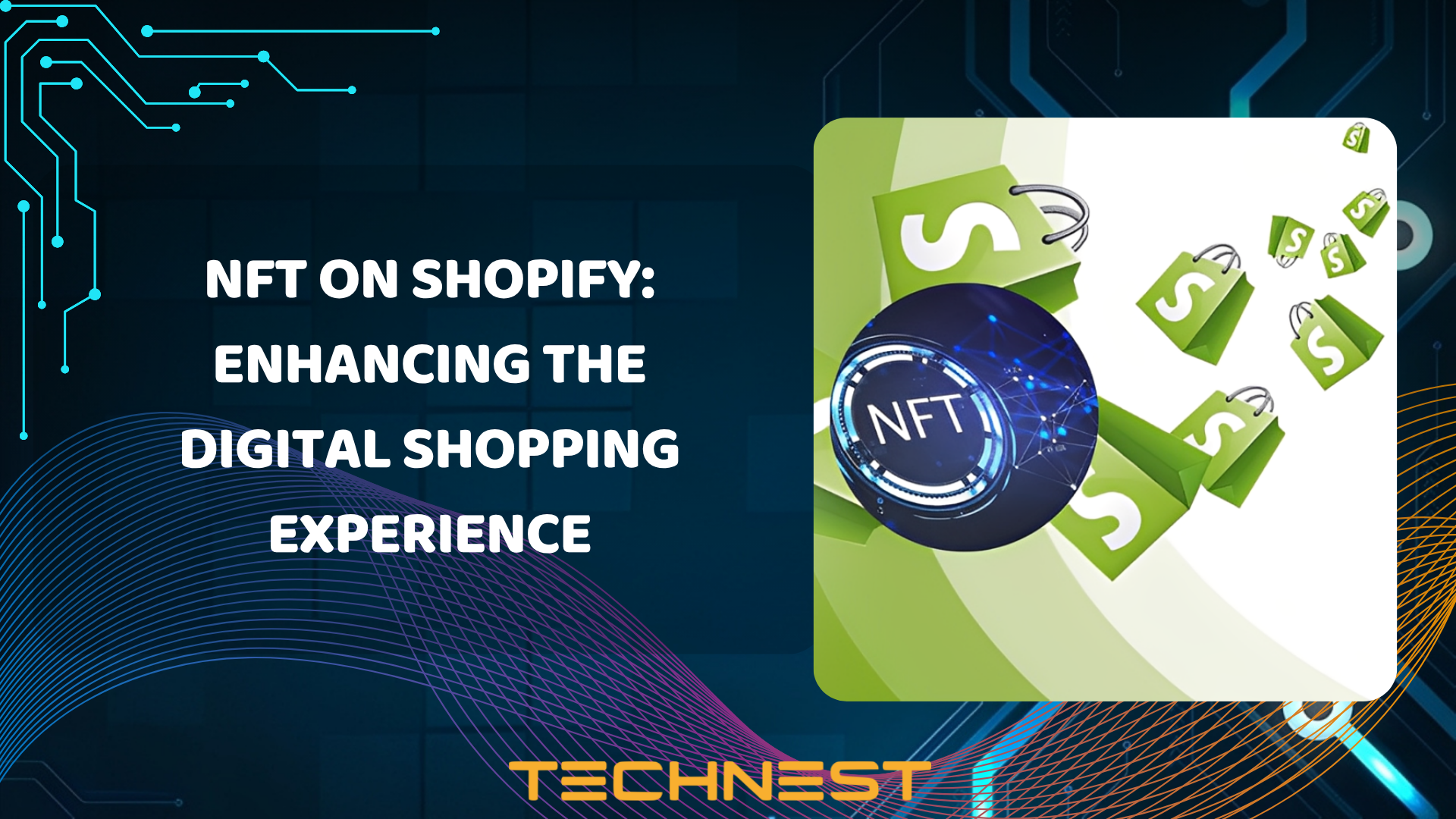Blockchain Development: The Foundation for a Digital Future
About project
In the era of rapid digital transformation, blockchain technology is emerging as a foundational pillar for building transparent, secure, and decentralized systems. Beyond its initial association with cryptocurrencies, blockchain development is unlocking new opportunities for businesses across industries—from finance and logistics to healthcare and education.
1. Introduction to Blockchain Technology
Blockchain is a distributed ledger that enables transparent data storage and sharing among multiple parties without the need for intermediaries. Information stored on the blockchain is encrypted, tamper-resistant, and fully traceable.
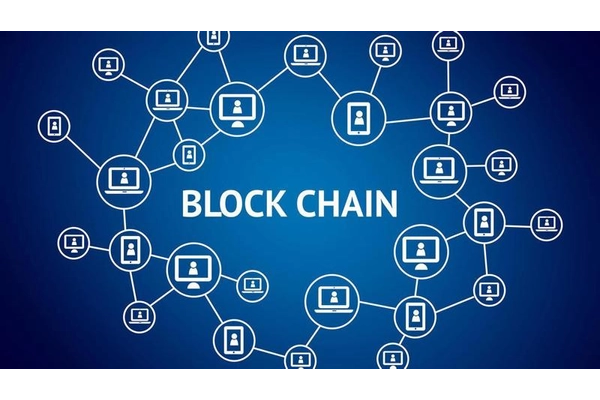
Because of these characteristics, blockchain development has become a central trend in digital transformation strategies. It helps businesses reduce fraud risks, improve operational reliability, and enhance efficiency.
2. Benefits of Blockchain Development for Enterprises
Blockchain development offers a wide range of practical benefits:
- Enhanced Transparency: Every transaction is recorded publicly on the distributed ledger, allowing stakeholders to easily track and verify data.
- Superior Security: Encryption and digital signature mechanisms prevent data forgery and unauthorized access.
- Reduced Costs and Time: By eliminating intermediaries, verification and payment processes become faster and more cost-effective.
- Versatile Applications: Blockchain can be applied across various sectors including banking, logistics, manufacturing, e-commerce, healthcare, and energy.
With its ability to establish digital trust, blockchain development is reshaping how businesses operate, collaborate, and manage data.
3. The Blockchain Development Process
A professional blockchain development project typically follows these stages:
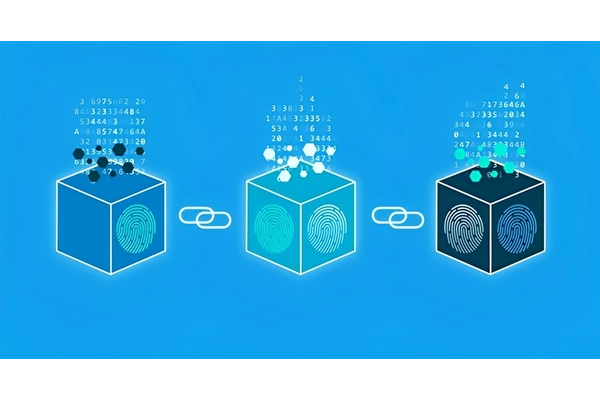
- Requirement Analysis: Define specific goals, identify problems to solve, and determine the value blockchain can deliver.
- Platform Selection: Choose the appropriate technology such as Ethereum, Hyperledger, Solana, or Polygon based on scale and purpose.
- Architecture and Smart Contract Design: Develop smart contracts to automate transactions and enforce rules.
- Development and Testing: Code the system, simulate operations, and test for security and performance.
- Deployment and Maintenance: Launch the system, monitor performance, and update based on business needs.
This process requires a skilled team proficient in programming, cryptography, and decentralized system operations.
4. Prominent Use Cases of Blockchain Development
Blockchain is no longer limited to cryptocurrency. Today, many industries are leveraging blockchain development to optimize processes and boost performance:
- Finance & Banking: Supports decentralized finance (DeFi), reducing verification costs and transaction time.
- Supply Chain: Enables product traceability, ensuring transparency from manufacturer to consumer.
- Healthcare: Secures medical records and facilitates data sharing among healthcare providers.
- Education & Real Estate: Stores diplomas, contracts, and certifications on blockchain to prevent fraud.
- Energy: Facilitates direct energy trading between consumers and providers via smart contracts.
5. Challenges in Blockchain Development
Despite its advantages, blockchain development faces several notable challenges:

- High Initial Investment: Infrastructure setup and hiring specialized personnel can be costly.
- Integration Difficulties: Legacy systems in traditional enterprises may not easily integrate with blockchain solutions.
- Legal and Regulatory Barriers: Inconsistent standards and regulations across countries hinder adoption.
- Scalability and Energy Consumption: Public blockchains often face performance and sustainability issues.
However, with ongoing technological advancements and supportive innovation policies, these barriers are gradually being addressed.
6. Future Trends in Blockchain Development
The future of blockchain development will be closely tied to other emerging technologies:
- Integration with AI and IoT: Makes blockchain systems smarter in automating and analyzing data.
- Blockchain-as-a-Service (BaaS): Offers blockchain capabilities via cloud platforms, enabling faster deployment without heavy infrastructure investment.
- Applications in E-Government, Green Energy, and Education: Promotes transparency in public administration and improves societal efficiency.
In summary, blockchain development is not just a technological trend—it’s a driving force behind the digital economy of the future. With its potential to deliver transparency, security, and automation, blockchain is helping organizations worldwide build digital trust—a solid foundation for sustainable growth.

